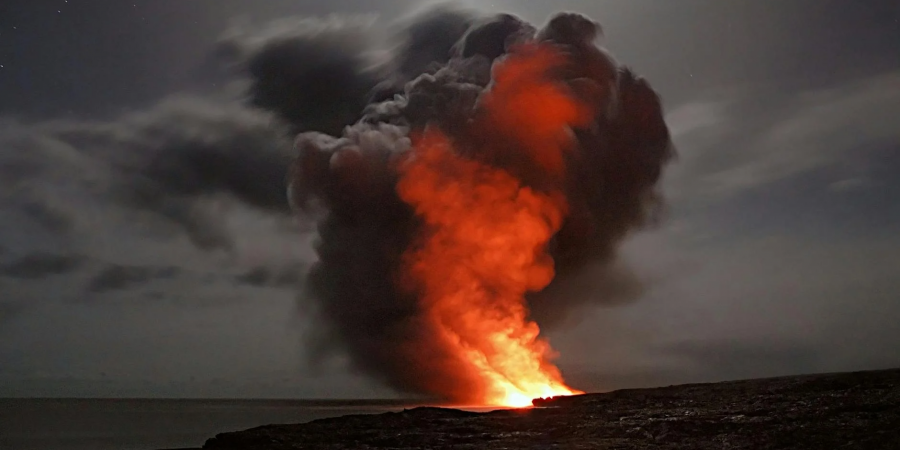

The Cold War, that lasted from the end of World War II in 1945 until the collapse of the Soviet Union in 1991 , is a protracted geopolitical conflict between the United States and the Soviet Union, wasn't just fought on battlefields or through diplomatic channels. It also permeated American society, shaping public discourse, policies, and individual lives. The era of the Cold War in America wasn't merely about political tensions; it was a social crisis marked by ideological fervor, fear, and the erosion of civil liberties.
At its core, the Cold War was a clash of ideologies: capitalism versus communism, democracy versus totalitarianism. This ideological struggle played out in various aspects of American life, from government initiatives like McCarthyism, which sought to root out suspected communists in positions of influence, to cultural phenomena like the Red Scare, which fueled paranoia about communist infiltration of American institutions.
The fear of communism was so pervasive that it led to a culture of conformity and suspicion. Loyalty oaths, blacklists, and witch hunts became commonplace as individuals and organizations sought to prove their anti-communist credentials. The entertainment industry, in particular, was targeted, with Hollywood figures subjected to scrutiny and censorship based on their perceived political affiliations.
Moreover, the Cold War fueled a militarization of society, with the arms race and nuclear brinkmanship casting a shadow over everyday life. Civil defense drills, fallout shelters, and propaganda campaigns propagated the notion of imminent nuclear war, instilling a sense of anxiety and helplessness among the populace. The specter of mutually assured destruction loomed large, shaping public attitudes and behaviors for decades.
The social crisis of the Cold War also manifested in the erosion of civil liberties and the suppression of dissent. The government's efforts to combat communism often trampled on constitutional rights, with individuals subjected to surveillance, harassment, and even imprisonment for their political beliefs. The McCarthy hearings, in particular, exemplified the excesses of anti-communist hysteria, with unfounded accusations ruining careers and lives.
Furthermore, the Cold War exacerbated existing social inequalities and injustices. Minorities, immigrants, and political dissidents were disproportionately targeted, facing discrimination and persecution based on their perceived ideological affiliations. The Red Scare provided a pretext for the perpetuation of systemic racism and xenophobia, further marginalizing already vulnerable communities.
In hindsight, the social crisis of the Cold War in America reveals the fragility of democracy in the face of existential threats. The erosion of civil liberties, the proliferation of propaganda, and the culture of fear and suspicion underscore the dangers of sacrificing freedom for security. Moreover, the legacy of the Cold War continues to reverberate in contemporary American society, as echoes of anti-communist rhetoric and authoritarian tendencies persist.
As we reflect on this turbulent chapter in our history, it is essential to confront the injustices and excesses of the Cold War era while reaffirming our commitment to the principles of democracy, liberty, and justice for all. Only by acknowledging the mistakes of the past can we hope to build a more inclusive, resilient society that upholds the values we hold dear.


